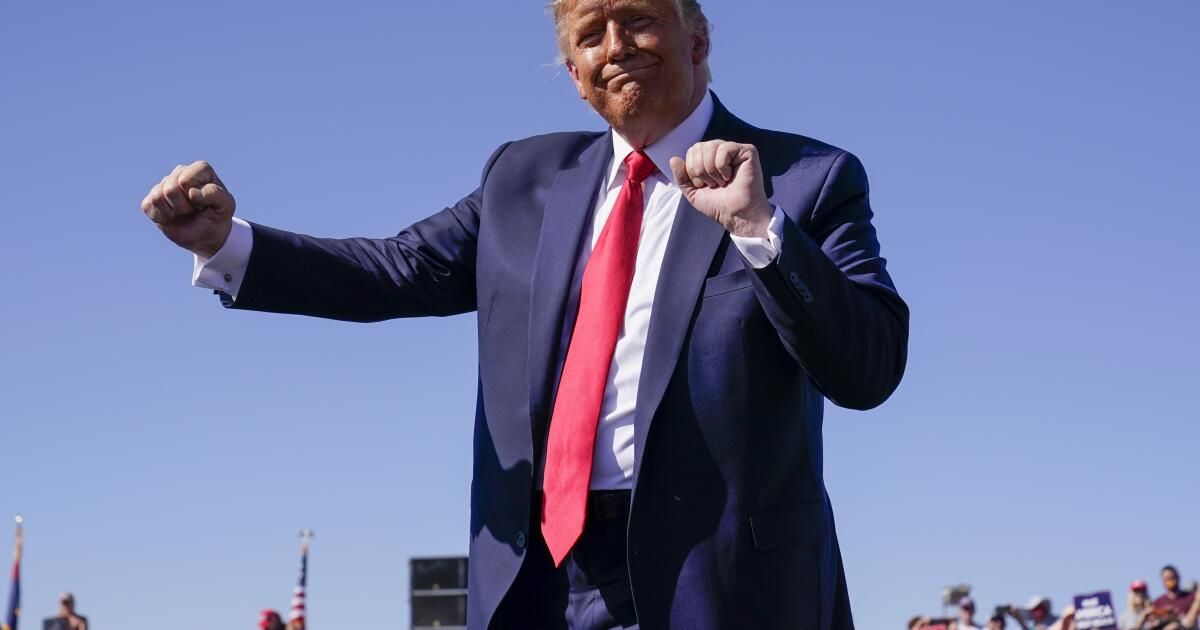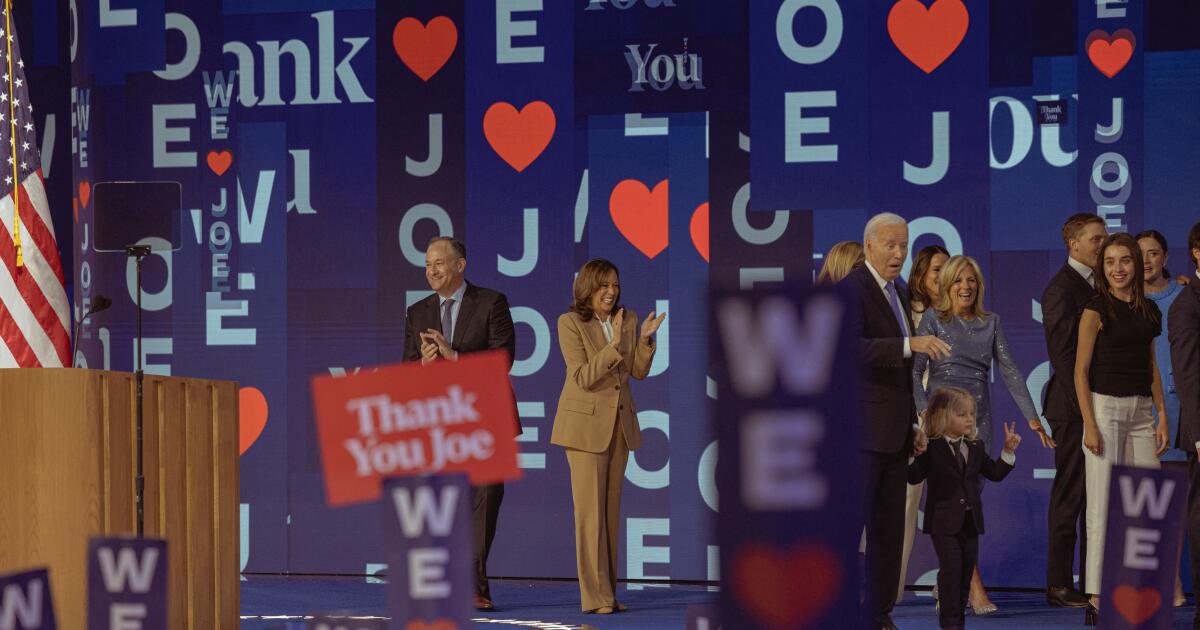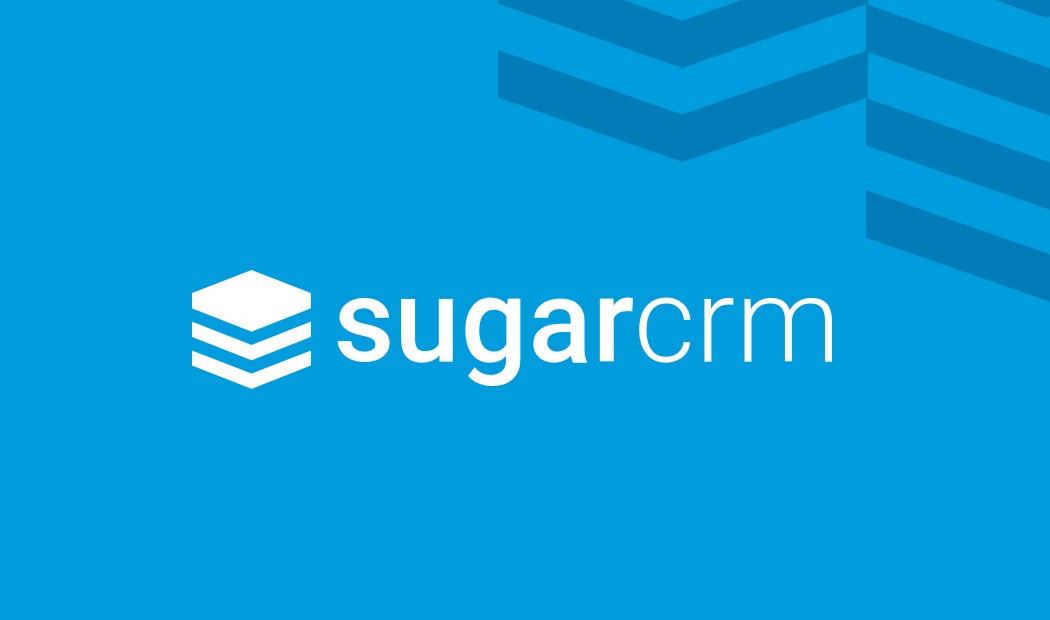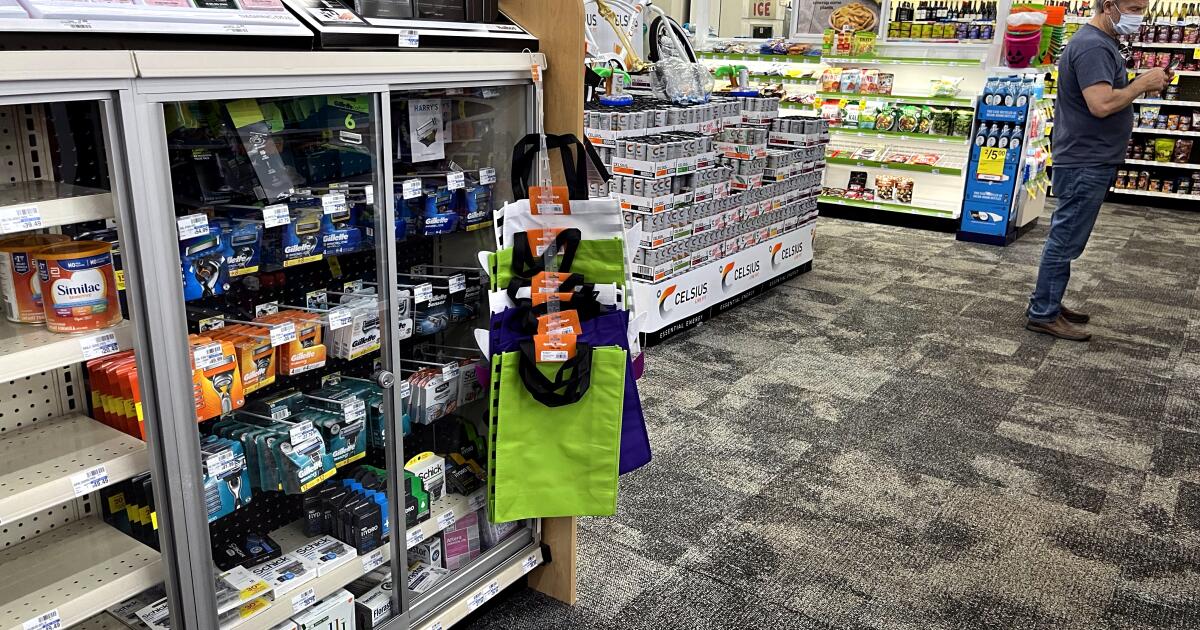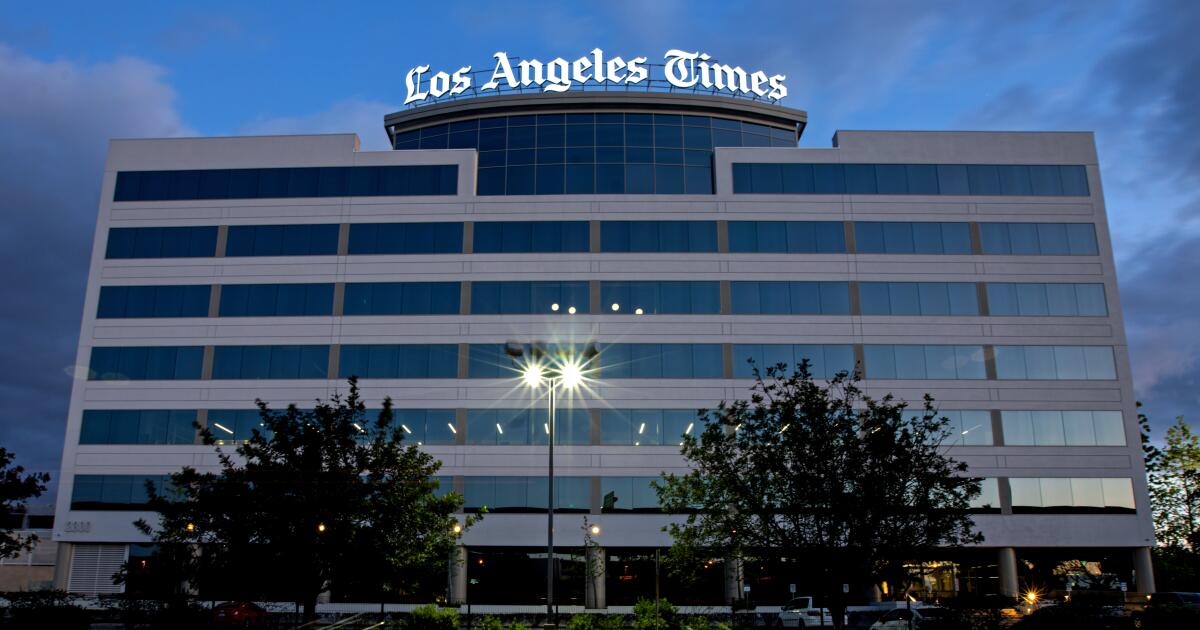As someone who has covered far too many presidential campaign events, I can attest that popular music at political rallies is a powerful mood enhancer.
I’ll never forget one of then-President Obama’s final campaign rallies in 2012, in a packed University of Cincinnati gymnasium on the eve of the election. The already ecstatic crowd erupted into anger when it realized that “Signed, Sealed, Delivered (I’m Yours)” wasn’t being sung; it was being sung live by Stevie Wonder himself. The song was a premature victory lap of sorts: Obama appeared to be in a tight race against Mitt Romney, though he ended up beating the former Massachusetts governor decisively.
Ever since our first baby boomer president, Bill Clinton, adopted Fleetwood Mac's “Don't Stop” as his campaign theme in 1992 (even inspiring the band to regroup for his inauguration), candidates have increasingly used popular music to send a message.
Some songs are less subtle than others. In 2016, during her bid to make history as the first female president, Hillary Clinton adopted Katy Perry’s “Roar” and Rachel Platten’s “Fight Song.”
Former President Trump, whose performative patriotism can be summed up in a single four-letter acronym, MAGA, chose Lee Greenwood’s signature song, “God Bless the USA,” as his jingle.
And Vice President Kamala Harris made Beyoncé’s song “Freedom” her campaign anthem.
While I've never felt that music played at political rallies signifies the artist's support for a particular candidate, musicians can be furious when their music is used without permission. Either they don't want their work associated with politics at all, or they detest the candidate playing it.
Which brings us back to Trump.
The list of artists who have demanded that he stop using their songs is long and ranges from ABBA and Adele to Village People and White Stripes.
I counted at least 41 artists who tried to ban him from using their songs, including the Rolling Stones, the Beatles, Queen, Elton John, Guns N' Roses, the Foo Fighters and Bruce Springsteen, who endorsed Hillary Clinton in 2016 after calling on Trump to stop playing “Born in the USA.”
Celine Dion condemned the Trump campaign for playing her smash hit “My Heart Will Go On” last month during a rally with her running mate, Ohio Sen. J.D. Vance. It was a peculiar musical choice because, as everyone knows, the song was the theme song for a movie about a giant passenger cruise ship that hit an iceberg and sank to the bottom of the North Atlantic.
“This use is in no way authorized,” read one post on Dion’s official X feed. “…Seriously, THAT song?”
Also last month, the family of the late R&B singer, songwriter and producer Isaac Hayes filed a federal copyright infringement lawsuit against Trump, his campaign and the Republican National Committee for using Sam & Dave’s 1966 hit “Hold On, I’m Coming” at rallies across the country. Hayes co-wrote the song with David Porter.
On Tuesday, a federal judge issued a temporary injunction banning Trump from using the song.
Trump's lawyers say the Hayes family no longer owns the rights to the song and that, in any case, something called a “political campaign licensing agreement” allows music rights management organization BMI, which has more than 22 million songs in its catalog, to use music for political events.
There is, however, a clause in the agreement that allows BMI to exclude certain music if a songwriter or publisher requests the organization to withhold it. For example, the Rolling Stones were unhappy with Trump using “You Can’t Always Get What You Want” as his farewell music in his 2016 and 2020 campaigns. They sent cease-and-desist letters to no avail and then turned to BMI for help and explicitly threatened to sue. “If Donald Trump ignores the exclusion and persists,” the Stones said in a June 2020 statement, “then he would face a lawsuit for violating the embargo and playing music that has not been authorized.”
Trump has not played the song since.
The current “Hold On” scandal is not the first. In 2008, the Obama campaign stopped using “Hold On” after Sam Moore of Sam & Dave objected to it. “Nobody called me, nobody wired me, nobody did anything,” Moore told the Associated Press. “They just did it, and I think that’s pretty rude.”
Arizona Sen. John McCain, who ran for president against Obama in 2008, ironically turned a band’s potential rejection into a joke. In an attempt to court conservative Republicans who disliked his moderate stances on some issues, he considered using ABBA’s 1978 hit “Take a Chance on Me,” but worried he wouldn’t be able to get the Swedish band’s permission.
“If you’re not careful, you can alienate some Swedes,” McCain told reporters during one of many informal conversations he held with his traveling press team. “If word gets back to Stockholm that we’re using ABBA music, U.S.-Swedish relations will get worse.”
I wish Trump were so considerate.

